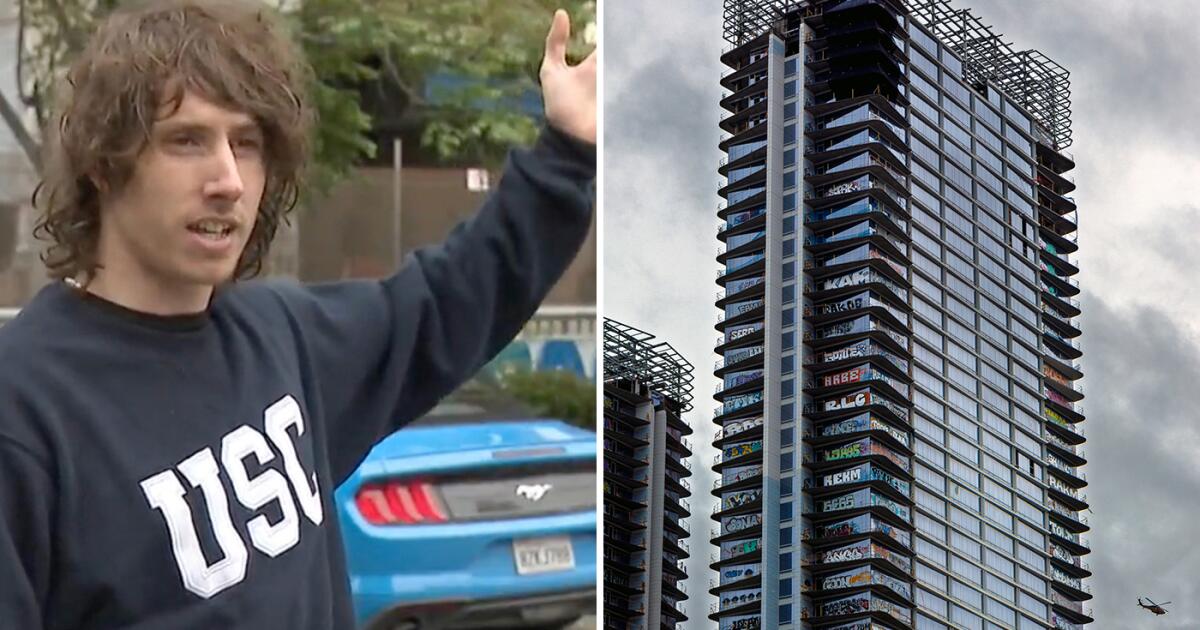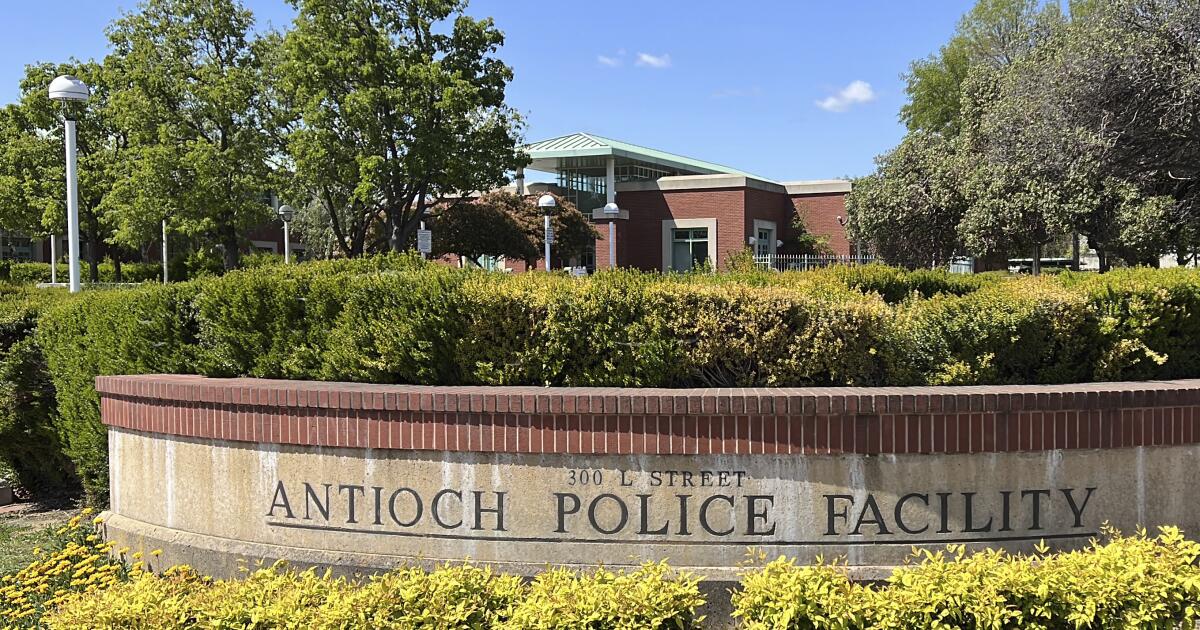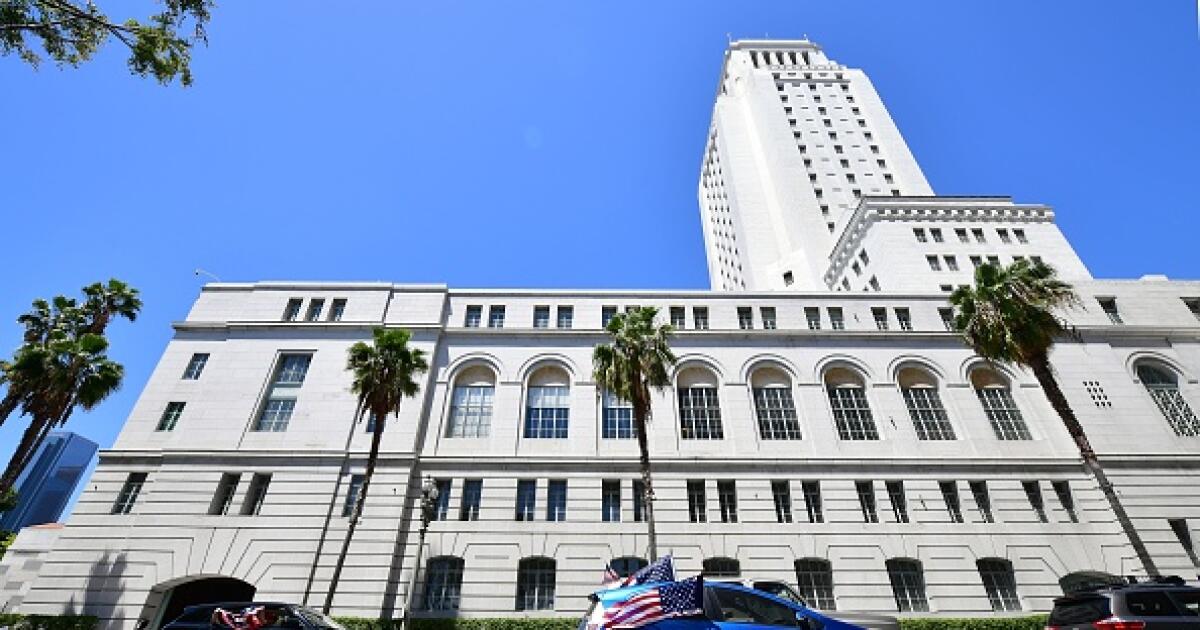Donald Trump is, to say the least, coherent, and his interview with reporters at the National Association of Black Journalists convention in Chicago this week, which turned out to be a disaster, showed the Republican presidential candidate in a state of complete and utter disarray.
He lied. He swore. He complained. He was racist and misogynistic. He dodged questions and evaded answers, and he displayed all the grace and gratitude of a kindergartener who pees in a sandbox and expects others to clean up the mess.
Above all, the Republican presidential candidate continued to attack the same illegal immigration scapegoat that is the centerpiece of his 2024 presidential campaign. This time, however, he sought to reinforce his claim that Donald J. Trump is the best president for black people since Abraham Lincoln.
President Donald Trump laid out his strategy during his June 28 debate with President Biden, saying immigrants were a “big slaughter of the black population” and were “stealing black jobs.” In Georgia, where he narrowly lost in 2020, his campaign has aired radio and television ads insisting that Biden cares more about illegal immigrants than the black community.
At the NABJ convention, Trump blamed open borders for jeopardizing the job security of Black workers, never mind that unemployment rates for them have hit historic lows under the Trump and Biden administrations, a time when illegal immigration has grown to levels not seen in a generation. Asked by a moderator what his message was to all the Black journalists gathered before him and the people watching online, Trump replied that it was to “stop people from invading our country … who happen to be taking Black jobs.” Asked what he would do on the first day of a new term, he blurted out: “Close the border.”
Trump’s tactic is another legacy of Proposition 187, the 1994 California ballot measure that sought to make life miserable for undocumented immigrants. Then and now, Republican politicians think the best way to court black voters — a longtime base of the Democratic Party — is to argue that immigrants in the country illegally are a burden on their community more than others, by stripping them of social services and stealing jobs.
The point is this: There is a historical basis for these concerns, even if Trump has turned the dial on the specter of illegal immigrants up to 11.
As South Los Angeles began to shift from being the heart of the city’s black community to a majority-Latino enclave during the 1980s and 1990s, the ensuing tensions were real. In the wake of the Los Angeles riots, groups protested outside worksites and criticized contractors for giving jobs to Latinos instead of black workers because the former would work for less money than the latter. The assumption by Latino political leaders during the fight against Proposition 187 that blacks would join them without hesitation offended community leaders and activists.
Incidents like that led to 47 percent of black voters favoring Proposition 187, a margin that helped the resolution pass comfortably.
Some of the most prominent Black voices in the anti-immigrant movement of the past 25 years — homeless rights activist Ted Hayes, the late radio talk show host Terry Anderson, the Rev. Jesse Lee Peterson and former gubernatorial candidate Larry Elder — hail from that era. One of the loudest anti-immigrant voices in Southern California today is Fontana Mayor Acquanetta Warren, a Compton native who has scolded immigrants from the podium for not speaking English and waged an aggressive campaign against street vendors. Add to that deep-seated anti-Black sentiments among Latinos, prominently displayed during the scandal of the racist Los Angeles City Hall tape leaks in 2022, and it’s no wonder Trump thinks banking on getting Black voters angry enough against a supposed invasion south of the border is a winning bet.
The reality is that black people are not as receptive to an anti-immigrant message as Trump and the Republican Party would like to think.
Los Angeles Councilwoman Marqueece Harris-Dawson, right, during a City Council meeting in 2023
(Irfan Khan/Los Angeles Times)
A 2006 Pew Research Center study showed that 47 percent of blacks thought immigrants living in the U.S. without legal documents should be allowed to stay, compared with 33 percent of whites. But in 2013, a similar Pew report showed that 82 percent of blacks thought there should be a path to legalization for such immigrants, compared with 67 percent of whites. That number dropped in a Pew survey released this year to 73 percent, but that’s still far higher than the 53 percent of whites who think the same — and just two percentage points behind Latinos, who have increasingly moved to the right against illegal immigration since the days of Proposition 187.
Such widespread acceptance comes as no surprise to Los Angeles Councilman Marqueece Harris-Dawson, who campaigned against Proposition 187 in 1994, going door-to-door in his native South Los Angeles to argue that the initiative was a divisive issue that Republicans used to divide black and Latino neighbors against each other and make them forget their shared working-class status.
“One thing I would say to people is, 'Do you hear them? [Prop. 187 supporters] “Are you talking about people from Canada? From Germany?” Harris-Dawson said. “The black and Latino people I spoke to clearly understood that.”
Harris-Dawson didn't have to make the same argument recently in Atlanta, where the topic of illegal immigration came up in conversation.
“They said, ‘We support immigration reform because we don’t want working-class people who can’t defend themselves,’” he said. In other words, it was better for the black community for immigrants to have full rights rather than being kept undocumented and therefore easier to use to undermine black workers. “What sophistication! They understand that workers don’t take jobs; employers provide jobs.”
He sees Trump taking black voters away from Democrats by continuing to harp on the illegal immigration issue, but “he will also lose them” because of Trump’s long history of racist messaging. Plus, the councilman argued, “people have seen how it plays out… You see new neighbors coming in and thinking, ‘Oh, that’s a nice family. ’ And they are. And then 10 years later, the parents are still undocumented and the kids can’t go to college.”
“Black people can empathize,” Harris-Dawson concluded, “with people who engage with systems that are ostensibly there to help them, but actually do the opposite.”












